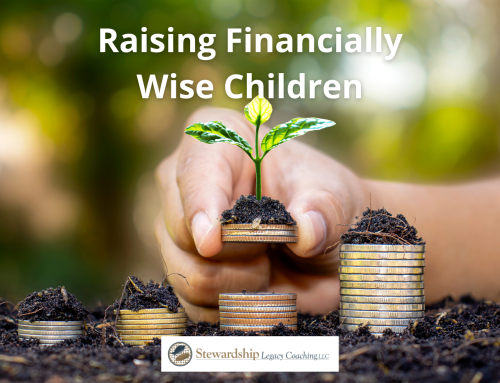As the final days of summer begin to fade and school looms ahead for families, the influences that our children will face have the potential to undo all that we have worked for. Raising godly children in an ungodly culture seems impossible. What’s a parent to do?
Maybe you’ve done “all the things” that should have led to a successful, godly person, but your child is far from the things of God. But raising godly children is not like a recipe in which we throw different ingredients and hope for a certain outcome. Or maybe you have not been very intentional or consistent in raising your children to be godly and you are worried that your children might drift from a relationship with God.
Raising godly children looks different in every stage of life. As children, we can guard against ungodly influences more easily, but as young adults, most of the groundwork is laid but there is still a godly influence parents can provide. Raising godly children is not a once-and-done, but there are principles that can guide us.
Raising Godly Children in an Ungodly Culture is Caught
It is easy to become religious and pass along virtues as rules, but when we authentically live out what we believe, faith is caught and transferred to our children. When we are consistent in being a godly example in our values, not self-righteous or judgmental, godliness is attractive and easier to receive.
Raising Godly Children in an Ungodly Culture is Taught
Our words spoken and written also need to match our actions. Speaking in an ungodly manner takes away from our godly deeds. Our walk needs to match our talk. Parents also need to be unafraid to speak into the culture of our day and reveal the truth about ungodly lifestyles. If we don’t teach our children, the culture will.
Raising Godly Children in an Ungodly Culture is Sought
The goal of raising godly children should be a sought-after goal that we invest in and do what we can to educate ourselves in that endeavor. Seek out opportunities to spend time with your children in activities that promote a godly lifestyle.
We also need to show our children that godliness should be sought after. Being godly is denigrated in our culture, but as 1 Timothy 4:8 says, being godly bears fruit for longer than the here and now. “For while bodily training is of some value, godliness is of value in every way, as it holds promise for the present life and also for the life to come.”
Being godly or ungodly bears consequences for years to come. Helping our children to grasp the significance of having godly character and integrity by using examples to instruct them is a powerful tool.
But there is nothing better than being a godly example yourself. And when we stumble in our example, admitting and owning our mistakes is an even greater witness that shows our kids being godly isn’t about being perfect. It’s about being authentic and honest as we seek to be more like Jesus in a hurting world.






